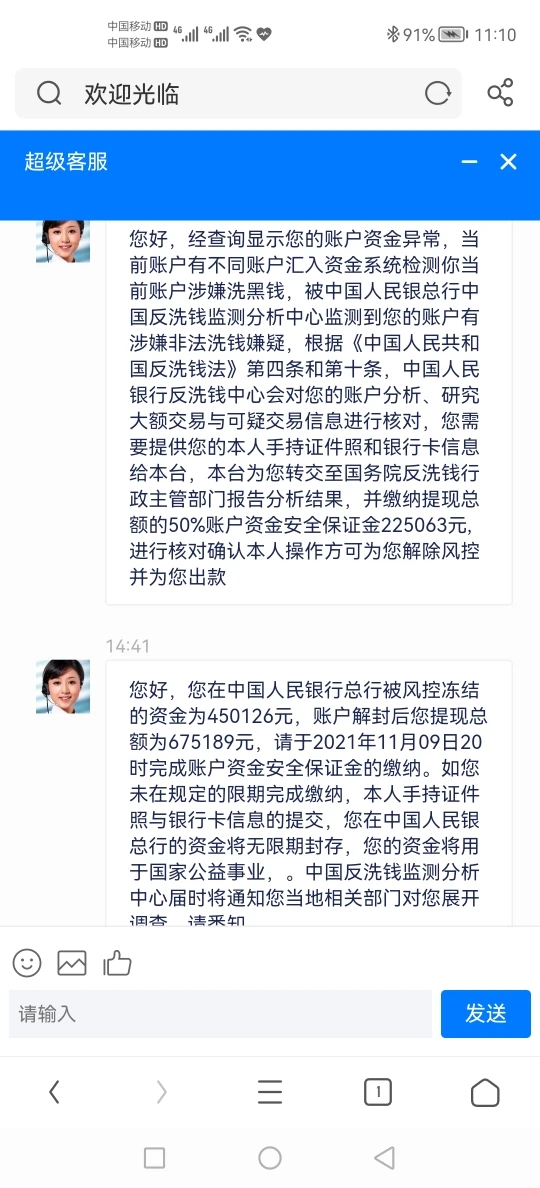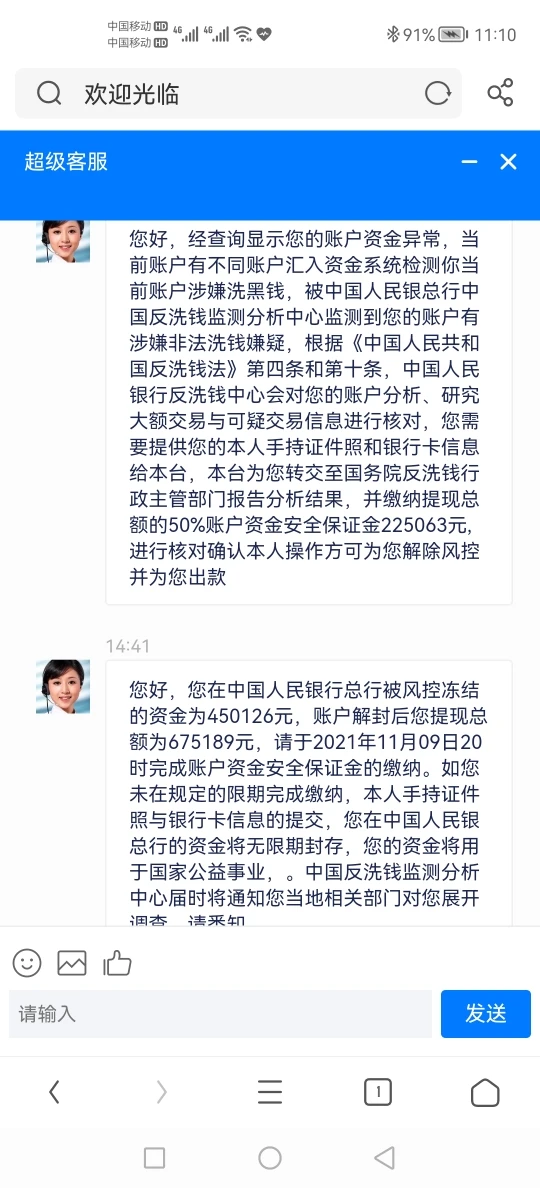Unternehmensprofil
| Morgan StanleyÜberprüfungszusammenfassung | |
| Gegründet | 1996-05-24 |
| Registriertes Land/Region | Vereinigte Staaten |
| Regulierung | Reguliert |
| Dienstleistungen | Vermögensverwaltung, Investmentbanking & Kapitalmärkte, Vertrieb & Handel, Forschung, Anlageverwaltung, Morgan Stanley bei der Arbeit, nachhaltige Investitionen und Inclusive Ventures Group |
| Kundensupport | Soziale Medien: LinkedIn, Instagram, Twitter, Facebook, YouTube |
Morgan Stanley-Informationen
Morgan Stanley ist ein Broker, der Einzelpersonen, Familien, Institutionen und Regierungen dabei hilft, Kapital aufzubringen, zu verwalten und zu verteilen.
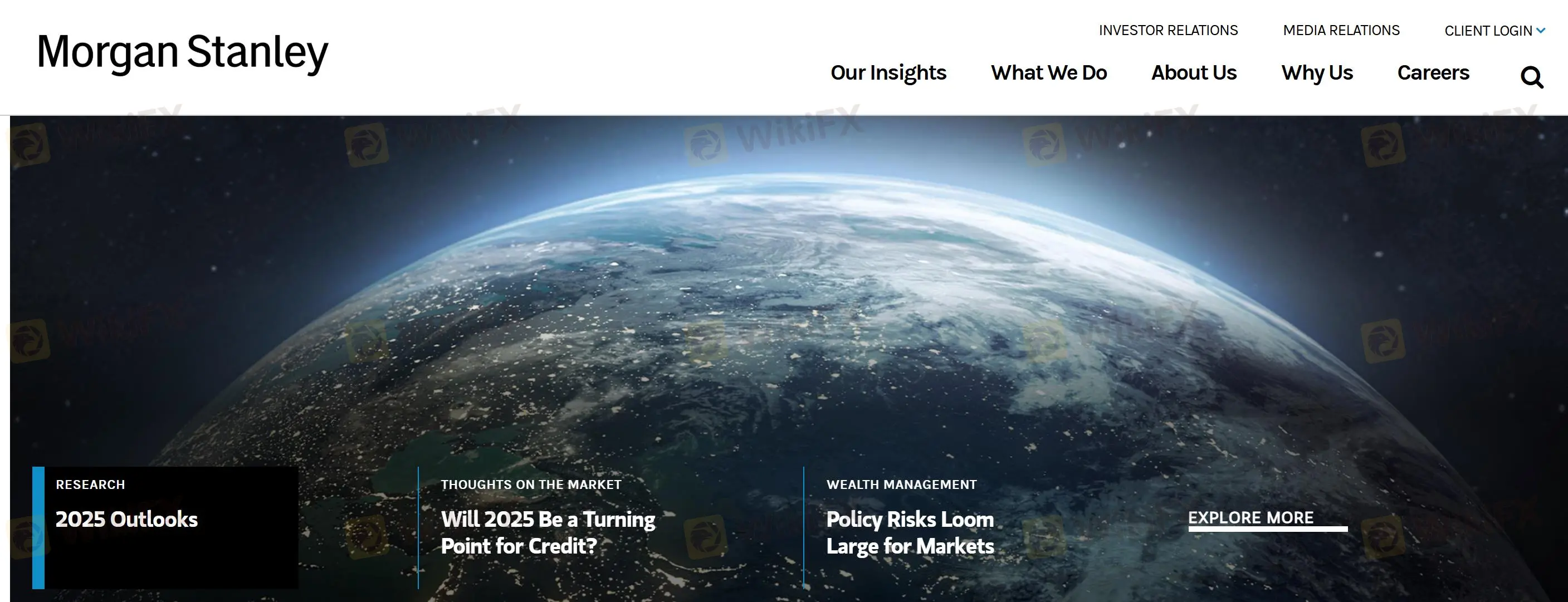
Ist Morgan Stanley legitim?
Morgan Stanley ist autorisiert und reguliert durch die Canadian Investment Regulatory Organization (CIRO), was es sicherer macht als regulierte Broker. Aber Risiken können nicht vollständig vermieden werden.
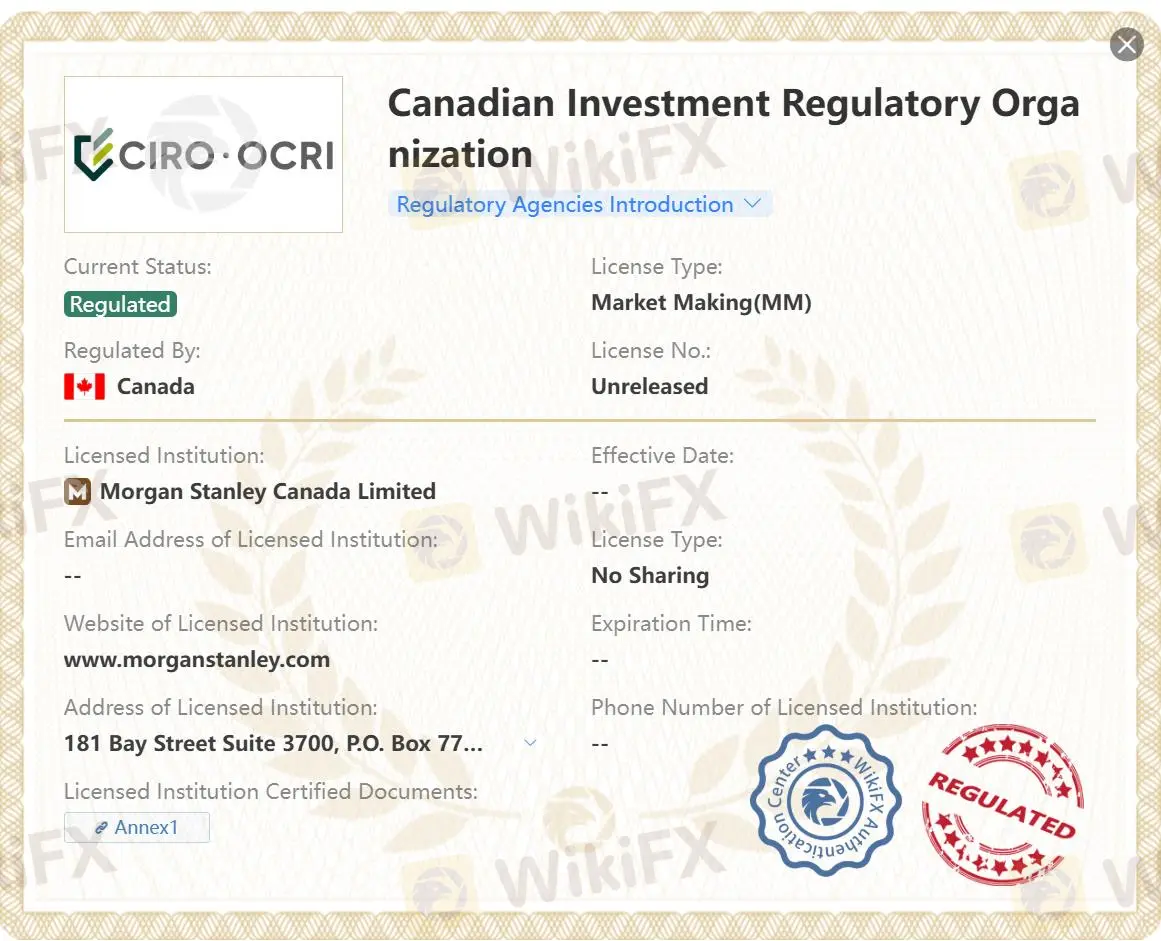
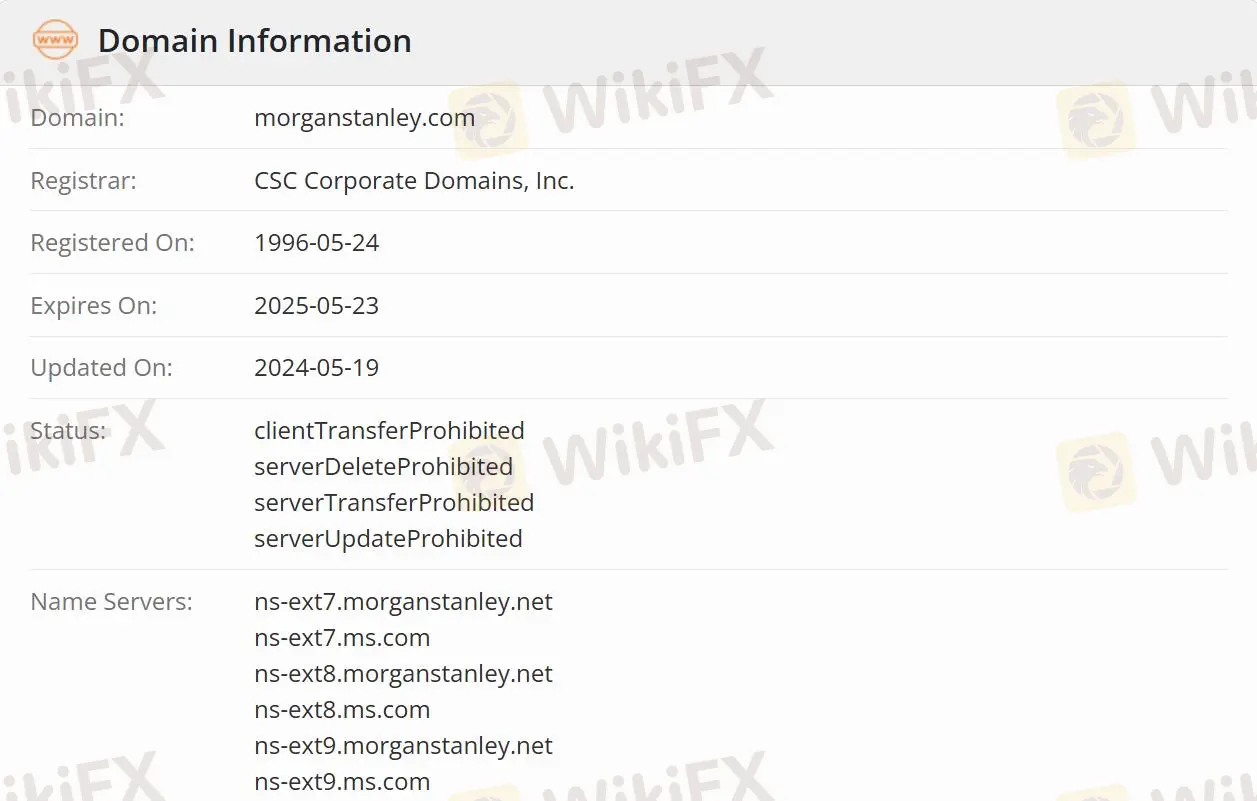
Was macht Morgan Stanley?
Die Arbeit des Unternehmens umfasst 8 Hauptbereiche, darunter Vermögensverwaltung, Investmentbanking & Kapitalmärkte, Vertrieb & Handel, Forschung, Anlageverwaltung, Morgan Stanley bei der Arbeit, nachhaltige Investitionen und Inclusive Ventures Group.
Vermögensverwaltung: Unterstützung von Menschen, Unternehmen und Institutionen beim Aufbau, Erhalt und der Verwaltung von Vermögen.
Investmentbanking & Kapitalmärkte: Fachkenntnisse in Marktanalyse, Beratung und Kapitalbeschaffung für Unternehmen, Institutionen und Regierungen.
Vertrieb & Handel: Morgan Stanley für Vertriebs-, Handels- und Market-Making-Dienstleistungen.
Forschung: Angebot von Analysen zu Unternehmen, Branchen, Märkten und Volkswirtschaften, um Kunden bei ihren Entscheidungen zu unterstützen.
Anlageverwaltung: Bereitstellung von Anlagestrategien in verschiedenen Anlageklassen, in öffentlichen und privaten Märkten.
Morgan Stanley bei der Arbeit: Bereitstellung von finanziellen Lösungen am Arbeitsplatz für Organisationen und ihre Mitarbeiter, kombiniert mit Beratung.
Nachhaltige Investitionen: Angebot nachhaltiger Anlageprodukte, Förderung innovativer Lösungen und Bereitstellung von handlungsorientierten Erkenntnissen zu Nachhaltigkeitsfragen.
Kundensupport-Optionen
Trader können Morgan Stanley in verschiedenen sozialen Medien folgen, einschließlich LinkedIn, Instagram, Twitter, Facebook und YouTube.
| Kontaktmöglichkeiten | Details |
| Soziale Medien | LinkedIn, Instagram, Twitter, Facebook, YouTube |
| Unterstützte Sprache | Englisch |
| Websprache | Englisch |
| Physische Adresse | Morgan Stanley 1585 Broadway New York, NY 10036 |
























